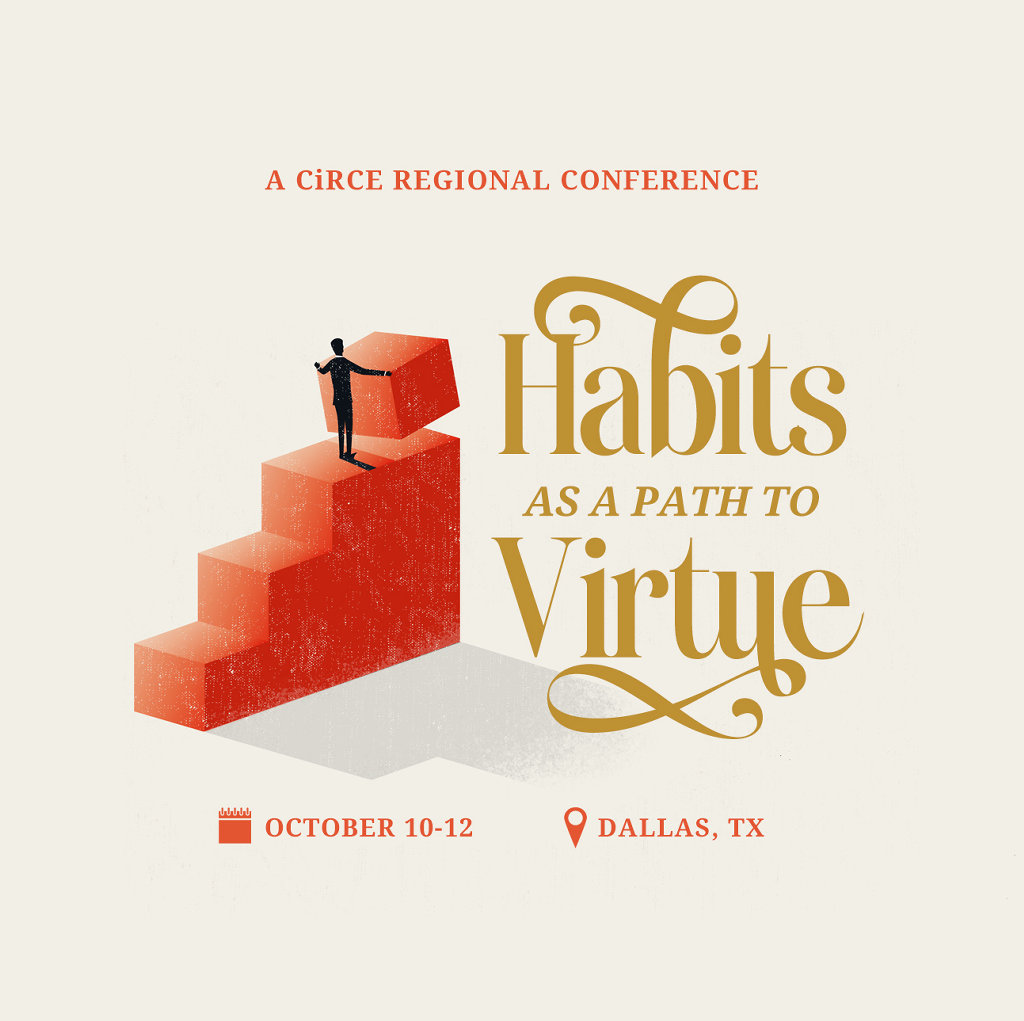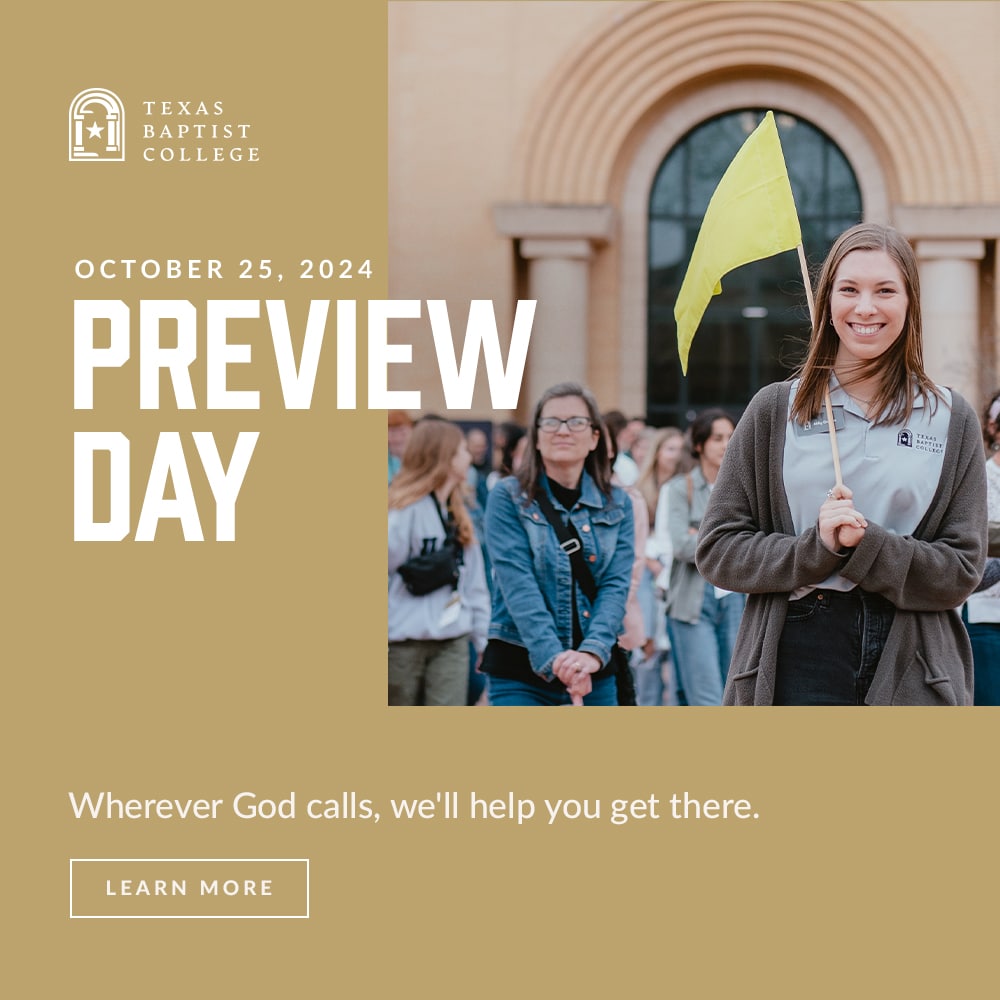Truly Higher Education
An interaction with Peter Augustine Lawler’s essay of the same

Peter Lawler has written a fine essay for National Affairs on the current status of Higher Education. He divides his analysis into five categories: the college bubbles, the scourge of administration, the competence gap, a liberal education, and saving diversity. While Lawler is looking at Higher Education, several of his points or warnings seem applicable to classical educators in K-12 institutions. Beginning with Lawler’s introduction, there are five warnings that Classical educators can take away from Lawler’s insights.
Purposes
Lawler opens with a truism that should resonate with all classical educators: “Education is a perennial human good, and its decadence today comes, most of all, from neglecting its proper purposes.”
Classical educators have, from the beginning, sought to recover the proper purposes of education. Lawler’s two purposes align with those promoted by classical education. He says that education is to prepare free persons to compete effectively in the “global competitive marketplace” and “to help us understand who we are as more than free and productive beings.” When examining what these two purposes look like, Lawler claims:
Our political and economic freedom are properly understood as mainly ministerial to what gives particular lives personal significance, as helping us in being good friends, parents, children, citizens, creatures, and so forth. Likewise, individual freedom must be a central goal of good governing, but it must not be the only goal. The good of liberty to a person is most evident and true when it is practiced through roles that require responsibility to others. So let’s begin by remembering that having freedom is not necessarily always a good in itself; politically speaking, libertarian means should be used for non-libertarian ends.
This should strike a chord with classical educators, as we daily face the difficulty of taking students from the position of receivers of all that teachers provide into the position of givers who seek out responsibility to others.
Warning: If Classical educators lose sight of the ministerial purpose of their students’ education, if we don’t ensure that our materials, evaluations, and relationships aren’t cultivating ministerial desires in our students, then our efforts will have fallen from the path of wisdom.
University Woes
Lawler follows his introduction with a haunting account of the diminishing value of higher education. Medical school and Law school expenses are no longer justifiable in a market environment where automated computers are swallowing up more and more tasks and the number of jobs is dwarfed by the number of candidates. Lawler gives his assessment of the problem:
Employers who complain about unprepared college graduates, however, often don’t mean that students lack specific technical skills; the problem is that new workers don’t have the general literacy, capacity for thought, and personal discipline necessary for life in the workplace. What employers often mean, in other words, is that graduates don’t have the manners, morals, and confident literacy of ladies and gentleman. They don’t have what a college or even high-school diploma used to fairly reliably signify.
The blame for this failure is often placed on the artificial and infantilizing environment of the residential college, which is typically described as a “bubble.” Though the form of the liberal-arts college remains (in many cases), there is little trace of its old animating discipline. Students allegedly frolic freely in luxury while doing very little work. Little is required of them either in the classroom or the dorms. They are not only allowed but encouraged to express themselves as they please, as long as it’s safe and consensual. This socially engineered environment often yields an unpleasant sense of entitlement. Students can end up altogether unfit to enter the “real world” upon graduation. This might be especially true if they’ve coasted through with one of the notorious “easy” majors; college has given these students no intellectual “value added,” and perhaps the opposite of professional manners and morals.
It is becoming increasingly apparent that what was once a reasonable path toward stable career and long-term security has grown into a second adolescence that terminates in high debt, low job prospects, and an inflated sense of one’s own worth. Christian parents and classical educators who remain lost in nostalgic images of the past may risk more than economic instability if they fail to make wise choices about higher education; the corruption of the human soul is at stake where institutions sanction autonomy and absolve themselves of responsibility.
Warning: If Classical educators don’t know and aren’t prepared to offer reasonable and compelling alternatives to prototypical higher education institutions, the ruins we wish to repair may come to ruin before they’ve even had a chance to be built.
Adapting Our Administration
Lawler is particular hard on university administration, arguing that it resembles a burgeoning business venture more than a healthy means of enhancing the academic and cultural life of the institution. Because demonstrating competency is premium, administrators and some faculty buy into “the culture of assessment.” Administrators look to other administrators whose methods are producing the desired outcomes, and they adopt these models for themselves, uncritically. Lawler describes it as follows:
Benjamin Ginsberg, who teaches political science at Johns Hopkins, has ironically put forward a modest proposal for a MOOA (massive online open administration). Given that a large part of the increase in costs in higher education comes from administrative growth, and given “that a ‘best practices’ philosophy already leads administrators to blindly follow one another’s lead in such realms as planning, staffing, personnel issues, campus diversity, branding and curriculum planning,” why not take the “best practices” idea to its logical conclusion and have a single, expert provost making decisions for hundreds of campuses? After all, it seems as if one size really does fit all, given that the strategic plans of our colleges and universities are becoming increasingly identical. Content, tradition, or genuinely distinctive (for example, religious) missions are being replaced by feel-good gimmicks thought up by the marketing department.
While this sort of administrative glut seems less indicative and less likely among classical educators, a relevant warning exists insofar as classical educators are wont to take up one another’s models of how to organize and manage school culture, what curriculum and methods to adopt, and what sort of teachers are the best classical educators.
Warning: If classical educators and administrators lose the will to do the hard work of adapting what others are doing well into our own particular contexts, a flat and listless form of education looms on the horizon.
Grades and Competency
When speaking about the Higher Education bubble, Lawler examines the dilemma posed by demonstrating the marketable value of what educational institutions are producing. Grading at elite institutions such as Ivy League schools has become a particular problem, as reputations for excellence have become tied to academic performance, but measurements of academic performance don’t translate into market value. The trickle-down effect of this problem impacts non-Ivy League school more heavily, since they don’t possess the institutional capital (actual and social) to overcome grade inflation market malaise. Lawler explains that:
For elite schools, grades don’t measure the basic competence required for the marketplace, although they might distinguish between ordinary and soaring excellence. But their grade-inflation scam affects almost all other colleges and universities, and similar grade inflation in less-selective colleges has a far more insidious effect. Nobody really believes that being admitted to these colleges is a sure sign of competence, so earning inflated grades there really isn’t either. But if professors deviate too much from the Harvard grading pattern, then their competent, accomplished students will be doubly disadvantaged. It might actually be harder to get an A at, say, Hampden-Sydney than it is at Harvard, but nobody is likely to believe that. So it becomes increasingly difficult to show that graduates from less-selective colleges are competent. The fact that they often are not makes it even harder.
Classical educators sympathize with Lawler’s point here insofar as our own constituents—the parents—drift away from the values of virtue formation and disciplined intellectual study in grade school into valuing grade-mongering, standardized-test-tension, and scholarship-scouring when their children get close to matriculation into college or university. Classical educators also face the reputational bias of being “weak in math and science” despite the fact that most classical schools produce significant numbers of students who seek higher degrees in math and science fields, and have no trouble demonstrating better-than-average to top-percentile competencies in math and science on the highly-valued standardized tests.
Warning: If Classical educators and administrators reorient themselves to accommodate to college and university standards of grades, testing, and excellence we are playing into a vicious and deteriorating cycle of meaningless anxiety that only serves the wealthiest and most prestigious institutions.
What We Say We Are Doing
Lawler opens the section on liberal education by saying, “The truth is that the parts of higher education known as the liberal arts or the humanities haven’t ever been about competence but have rather presupposed it.” In other words, a prerequisite of liberal education is a mind that is already nimble through the formation of a lively imagination, linguistic proficiency, and historical knowledge—the very things classical educators strive to inculcate in students in their earliest years. Lawler focuses on language:
There’s a strong correlation between high-level success in life and the size of one’s active vocabulary. This may seem implausible at first, but the more words a person really knows, the more he knows about the real world around him. To know what a word means is to really grasp the (always imperfect, of course) correspondence between the word and a part of reality. It is also to understand the limitations of words, when they are vaguely or wrongly used. With that kind of knowledge comes a good deal of self-discipline and control. For example, there’s a clear distinction between those who use today’s expert techno-babble (about “disruptive innovation” and the like) seriously and those who are able to deploy such jargon ironically. The latter have both a better grasp of what’s really going on and the ability to use what they know to their own advantage. Leaders, we notice, typically express themselves both precisely and ironically, and they are very adept at both description and deception. And there are obvious connections, of course, between being deeply literate and being innovative and creative in most areas of life.
Capable of more than parroting and navigating technical jargon, a mind steeped in language sees the world through a wider and more powerful lens. As Lawler says, “The best way to acquire this kind of literacy is to be blessed with a ‘bookish’ environment from the beginning. Kids whose parents read to them have a tremendous advantage, as do kids who grow up in a home full of books that is infused by the joy of reading.”
Warning: Classical educators who diminish reading, or engage with it as drudgery rather than as a joy, will find that our promises not only ring hollow, but also are hollow.
Classical education and its proponents are not immune to the dangers of society, yet with vigilance and wisdom we can face those dangers, or avoid them as wisdom dictates. While the choices remains complicated, our orientation continues to be simple: to be those who foster love of reading and learning; those who cultivate a desire to minister and take up responsibility for others; those who flexibly adapt eternal wisdom to human souls in temporal settings; those who strive to avoid the chronological snobbery of contemporary fads in all areas.

Joshua Butcher
Joshua Butcher is married to the indefatigable Hannah and is the father of four festive boys and one gregarious girl. He began teaching Classical Christian Education in 2010 and continues to climb further up and further in. Joshua aspires to be capable of teaching an entire rhetoric curriculum using only Homer and Shakespeare.









